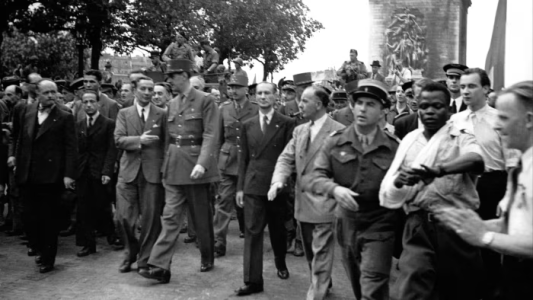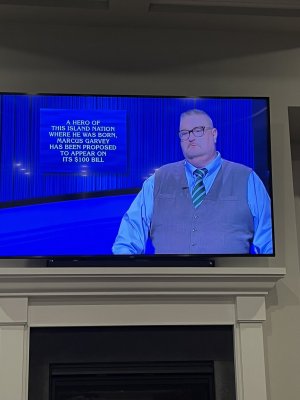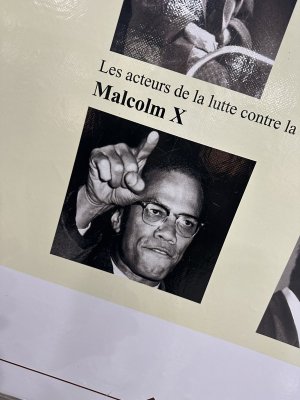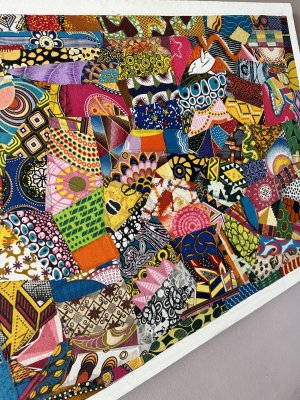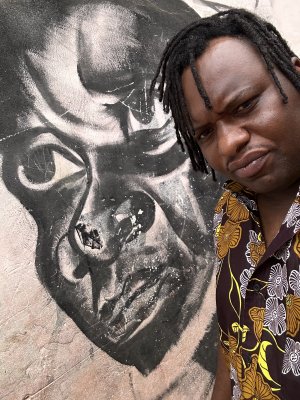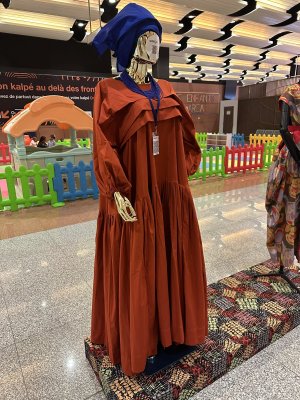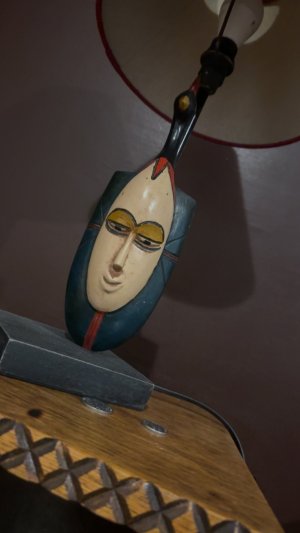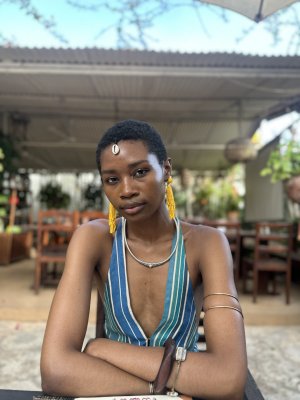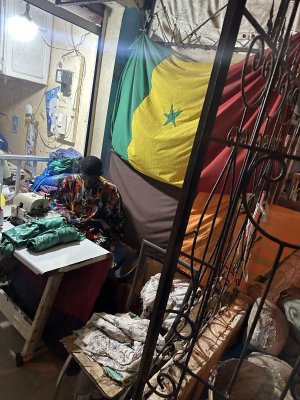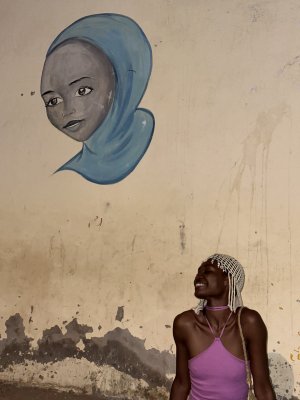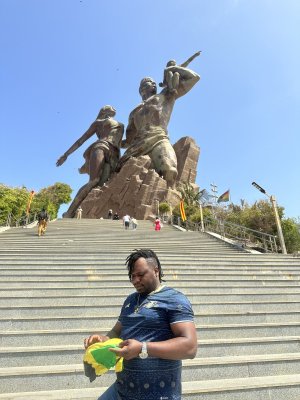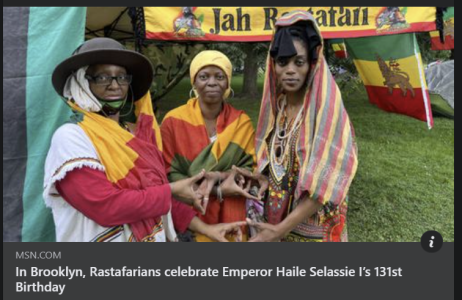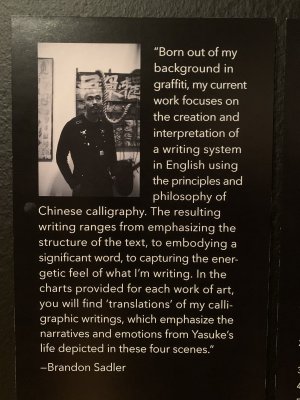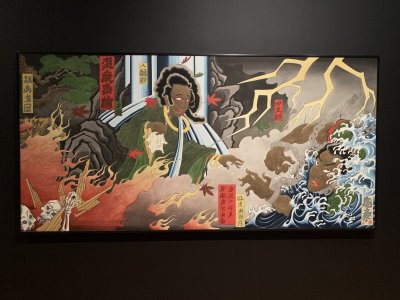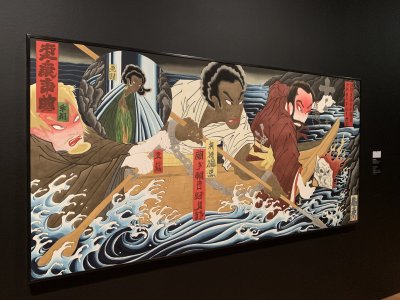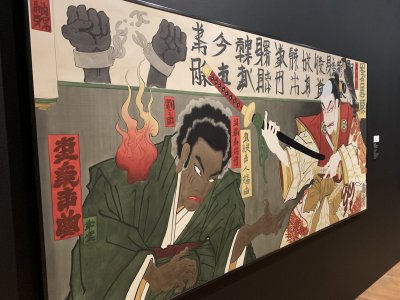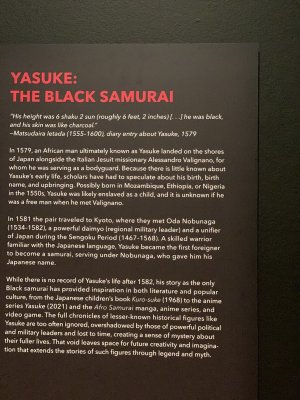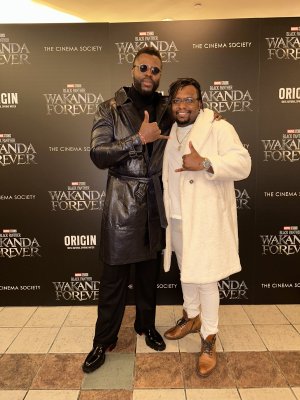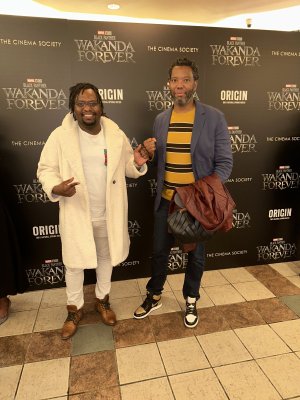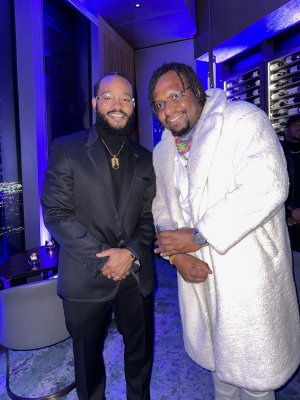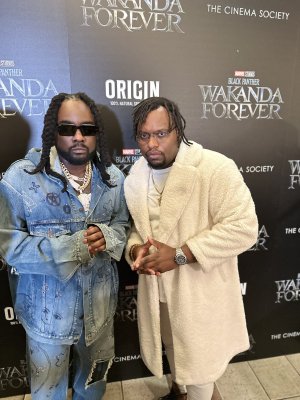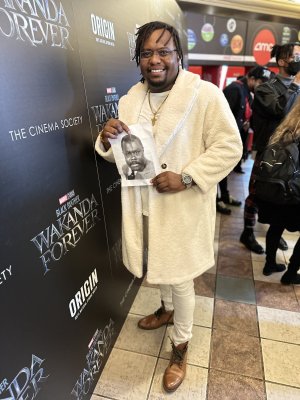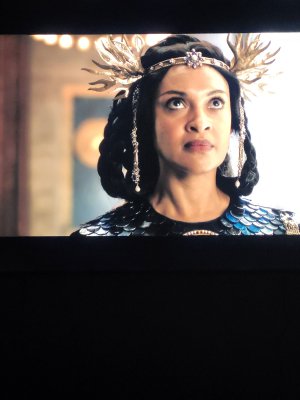This is what I originally said:
When it comes to the question of female leadership in ancient Africa, you've been answered already, but you choose not to acknowledge it. Look into the Tuareg, look into the ancient Kongo, look into Egyptian and Nubian dynasties, and you'll find female monarchs and leaders. Malawi has had a female president, as well as Sierra Leone. Winnie Mandela was instrumental in the fight against apartheid in South Africa, and so were many other women during colonization.
Are you trying to say that the black church and the black community in the past didn't look down on black women who chose to exit bad, abusive relationships and elevated the ones who sucked up the disrespect from their unfaithful men? Before the feminist movement, was there a world in which Black wives didn't have to have the approval of their Black husbands in order to open a bank account? These are some of the constraints that were put on American women by American society. Black men went along with the constraints they could enforce (preaching against divorce and taking advantage of their partner's trust without repercussions), and the ones they couldn't (like banking requirements or a husband's opinion on on their wife's medical matters).
Then, why did you ask?
Sounds like you're putting words in my mouth and speculating, which you just said you wouldn't do.
My ancestors are not Oyo or Dahomey, so I don't think they'd care...
Now, from what I read about the historical inaccuracies, it seems that the movie was made with representatives of the Dahomey kingdom as consultants, which would explain why there appears to be major downplaying of their role in slavery: the current leaders of former African states that participated in the trade are not very willing to discuss those things, and they are quick to downplay the role of their ancestors and justify their actions (that's a whole other discussion that requires an explanation of the sociopolitical structure of African countries, and I'm not doing this today).
It's just funny that we spent two pages arguing about a trailer. I'll watch the movie; I think its value lies in reinforcing the reality that Africa is more than a continent full of black people who are all the same, and hopefully, more people can approach discussions about its history, cultures, politics with the same complexity and nuance that is afforded to Asian and European societies.











